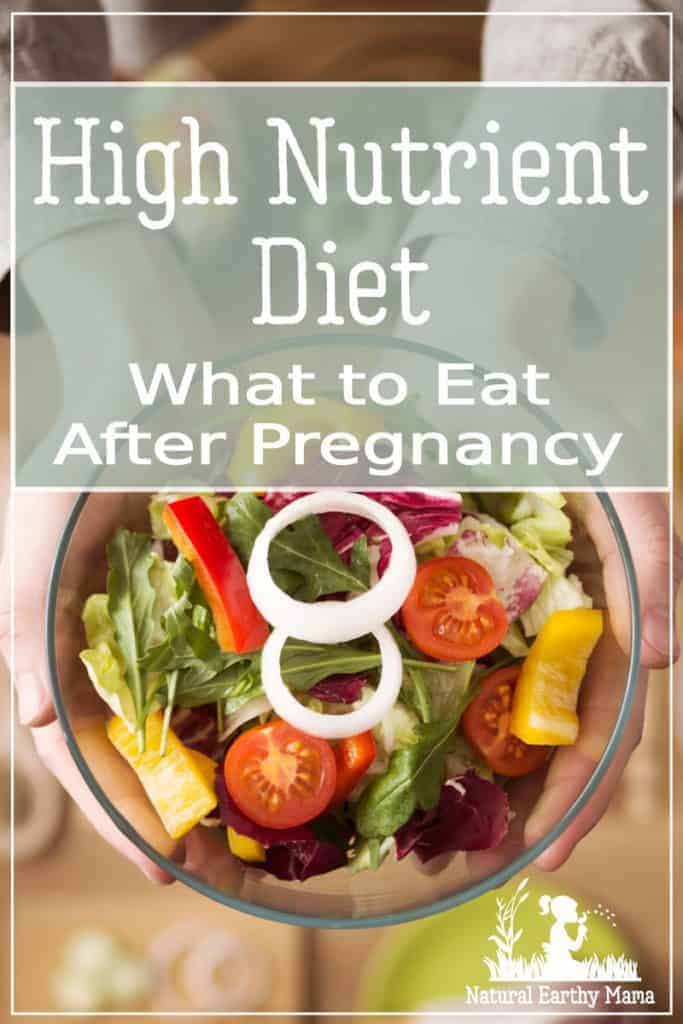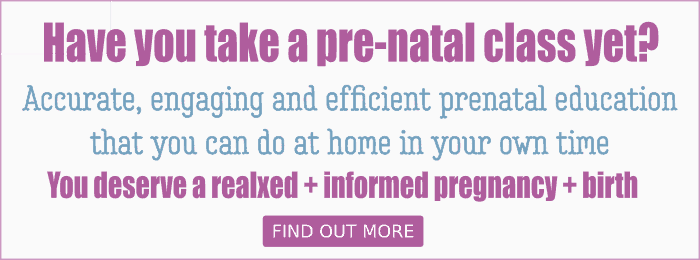 Eating a high nutrient diet is beneficial at any time.
Eating a high nutrient diet is beneficial at any time.
However a nutrient rich diet is absolutely essential after having a baby, especially if you are breastfeeding.
Please read: This information is provided for educational purposes only and is not intended to treat, diagnose or prevent any disease. We encourage you to make your own health care decisions in partnership with a qualified health care professional.
This post contains affiliate links, this means at no extra cost to you, we make a commission from sales. Please read
our Disclosure Statement
Knowing what to eat while breastfeeding, let alone what to feed your family for ultimate health is a hard one, as the advice you are getting is different everywhere you look.
I am going to give you probably different advice yet again. But this time the advice is based on millennia of traditional knowledge, instinct and what has got us as a species so far.
For a healthy post-partum you need to be eating:
- Plenty of calories to feed yourself and your baby
- Vitamins and minerals to help your body heal
- Healthy saturated natural fats to feed your baby
- Protein to give your body, and that of your baby, building blocks
How Many Calories do you Need to Eat Breastfeeding?
The number of calories you need will depend on several factors. Each body has it’s own unique metabolism. This determines how many calories it needs to function and maintain it’s current weight.
A breastfeeding mother needs to add about 500 more calories on to her normal daily allowance.
BUT I am here to tell you to stop counting calories. You just do not need to do it any more.
What Foods Should I Eat After Having a Baby
The foods you should be eating postpartum are the same foods I recommend you eat when you are trying to improve your fertility, preventing complications during pregnancy and to feed to your children and babies to ensure they are growing and thriving.
These food are whole, natural and nutrient dense foods. Because they are whole, and include the fats with them, you will feel full well before you eat too much of them.
Natural foods, eaten in this proportion also keep you full for longer.
You should be eating:
- Plenty of fresh leafy greens
- Meat – especially red and fatty cuts
- Oily seafood
- Organ meats, particularly liver
- Nuts and seeds – chia, walnuts, pumpkin kernals and brazil nuts
- Healthy natural fats – lard, dripping, coconut oil, olive oil, avocado oil
- Eggs
These foods are high in nutrients, they fill you up and give you the basis of what you need to heal and nourish yourself as well as your family (and baby if you are still breastfeeding).
As many of them are fatty foods (good fats) it is important that you try and get organic or at least pasture raised as the fat profiles are significantly different to commercially raised animals.
RELATED POST: The ultimate guide to breastfeeding
Foods you Should Avoid on a Whole Foods Diet
- Refined Sugars
- Refined Flours
- White grains (rice, wheat etc)
- Too much fruit or starchy vegtables
- Commercial oils (canola, soy, corn)
- Soda/juices
- Fried foods
- Soy (unless traditionally fermented)
- Anything with numbers or words you cannot pronounce
What are the Benefits of Eating a Whole Foods Diet?
If you and your family are eating a whole foods diet, you are by definition, eating the whole food – this was a living being that contained everything it needed to survive, so it stands to reason it has what you need in it too.
Whole foods are nutrient rich, and they keep you full longer, as well as keeping your insulin levels stable. This helps you to maintain a healthy weight.
Benefits to Eating Healthy Fats
You body bases most of its hormones and cell structures on fat. Babies need a huge percentage of fat in their diets as they are still building their brain and nerves which are 60% fat!
What you eat directly influences the make up of your breast milk (1), despite what you have read elsewhere, you can actually increase the quality and quantity of your milk by eating a better diet (2).
When you eat fat your body gets full faster, stays full longer, avoids big insulin spikes and learns how to burn fat for fuel. Overall this leads to long-term, easy, sustained weight loss.
Try our 14 day Health Yourself, fertility boosting challenge!
Benefits to Eating Lots of Vitamins and Minerals
Most of your body’s cells and essential functions require quite specific nutrients. Without these nutrients the whole system starts to fall apart.
Unlike illness caused by disease, these illnesses are long term, chronic, slow onset and hard to pin point the cause. And the only cure is real, proper nutrition.
Benefits to Eating Protein
Protein is what your muscles and skin are made of. To grow, heal and replace any part of your body, you need ample protein. You body can break down protein to use as energy, and the protein that you eat helps to keep you full, longer.
The Ultimate Way to Eat: What is a High Nutrient Diet
The best thing about eating a high nutrient diet, whether you are a breastfeeding mama, a busy parent or a growing baby/child/teen, is that you will automatically be getting all the things that you need to grow healthy and strong, maintain a good weight and keep your hormones in balance. Without feeling guilty or having to count calories.











